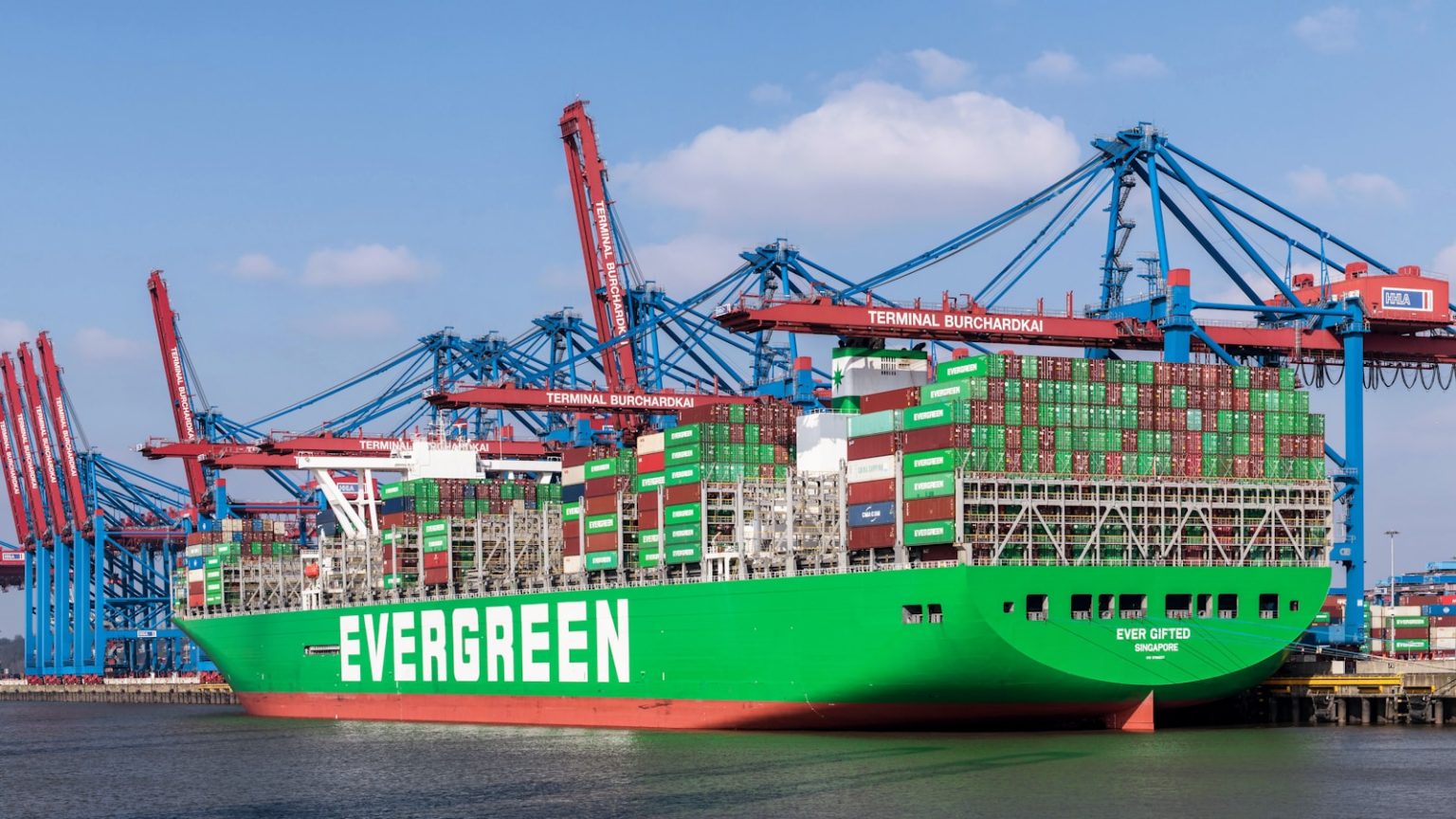The euro slipped against the dollar on Monday as investors took profits following the currency’s recent rally. The move was also influenced by rising tensions over tariffs, with the White House suggesting it may impose a 25% tariff on South Korea and Japan in August. While these tariffs don’t directly impact the euro, they contribute to overall market uncertainty.
Analysts noted that the EUR/USD pair had been showing signs of being overextended, making the pullback unsurprising as traders look to lock in gains. The 1.16 level is expected to provide strong support for the euro, driven by psychological factors and market memory. If the pair falls below this level, it could target the 50-day exponential moving average near 1.1450, which is a key area for technical traders.
A break below this hurdle might signal a more significant trend change. Despite the current dip, the euro remains attractive to investors, potentially presenting buying opportunities, especially near the 1.16 level. Investors will likely watch for a bounce at this support level to capitalize on potential upward momentum.
Market experts suggest that the recent slip in the EUR/USD pair is influenced by profit-taking and emerging tariff issues. However, fundamental support levels offer opportunities for investors to enter long positions if favorable conditions develop. The euro’s strength has been a topic of discussion among European Central Bank officials, who indicated over the weekend that the currency might strengthen its global importance amid several headwinds facing the U.S. dollar.
Concerns about the U.S. deficit, tariff uncertainty, and threats to Federal Reserve independence are all weighing on the greenback.
Euro declines amidst tariff tensions
Yannis Stournaras, governor of Greece’s central bank, explained, “If you combine U.S. tariffs with fiscal sustainability issues following the ‘beautiful’ tax bill, it explains the dollar’s exchange rate evolution in recent weeks.” He added that those imposing tariffs would be the ones most negatively impacted.
The push for the EU to complete its Banking Union and Capital Markets Union, as well as reduce internal barriers, is crucial to enabling the euro to enhance its role in international markets. Strategists predict fluctuations in the euro-U.S. dollar rates in the coming months, influenced by tariffs, monetary policy updates, and other factors. While the euro isn’t poised to replace the dollar imminently, its increased use in global reserves and the supportive policies behind it reflect its strengthening position on the international stage.
However, the euro’s climb against the dollar signals trouble for EU exporters, who are now scrambling to adjust to a much stronger euro and the potential impact of new tariffs on their products. Gian Maria Milesi-Ferretti, a senior fellow at the Brookings Institution’s Hutchins Center on Fiscal and Monetary Policy in Washington, D.C., believes the combination of euro strength and new tariffs will be “painful” for European exporters. “Dollar prices are most likely going to have to rise, and European products will lose some market share in the US,” Milesi-Ferretti commented.
As the July 9 deadline approaches to avoid Trump’s threatened 50% tariffs on European imports, US and EU negotiators have made only limited progress. Most EU goods are currently subject to a 10% baseline tariff, with a 25% US levy on steel, aluminum, and cars. Brussels-based think tank Bruegel recently estimated that EU exports to the US could drop by up to 1.1% if no deal is reached next week.
The sectors most at risk include pharmaceuticals, automobiles, industrial machinery, and aviation, for major manufacturers such as Volkswagen and Airbus, tariffs and currency concerns pose a significant issue. Looking ahead, the euro is predicted to gain further, with some forecasts suggesting it could climb as high as $1.36 by year-end.
While this would support ECB Chief Christine Lagarde’s vision for the euro to enhance its international role, senior ECB officials are concerned about managing an overly strong euro.







